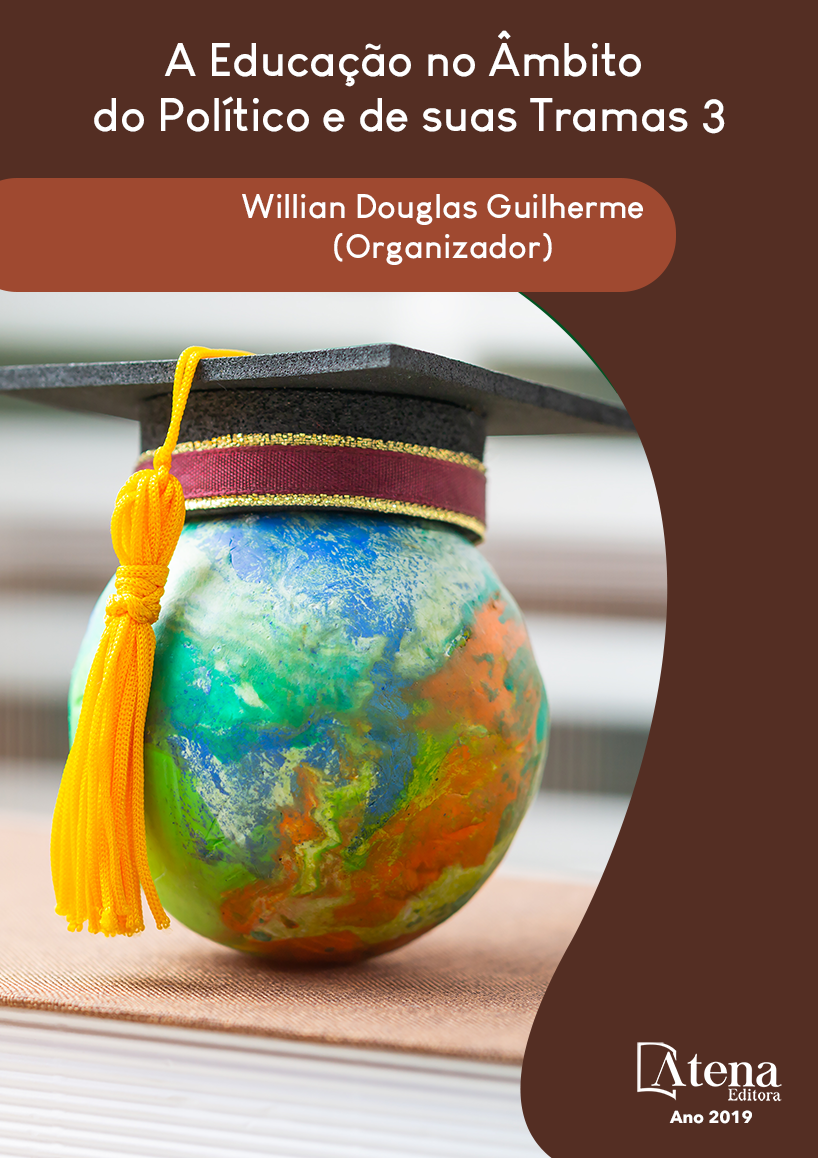
CURRÍCULO: PERSPECTIVAS PARA UM ENSINO DE CIÊNCIA ARTICULADO COM A REALIDADE
Este artigo versa sobre a necessidade do currículo ser constituido de maneira significativa e ao mesmo tempo atraente para os alunos. O currículo retrata a educação, sua finalidade deve ser socializar, integrar saberes e conhecimentos para a melhoria da sociedade e das pessoas que nela estão inseridas. Constatamos que o currículo, mesmo com as inúmeras mudanças na sociedade, ainda reproduz os interesses sociais e políticos das classes dominantes. Relacionar os anseios por uma sociedade mais justa, moderna e sem desigualdades ao universo escolar é função da escola. Para contextualizar o currículo, e dessa forma o Ensino de Ciências por ele orientado, há a necessidade de alicerça-lo a práticas significativas e ao mesmo tempo desafiadoras para os estudantes, destacam-se os temas sociocientíficos. O ensino de Ciências carece de movimentos inter e transdisciplinares que seja apoiado e desenvolvido por todos os envolvidos no processo educacional: a comunidade, a escola, gestores, pais e professores, estes últimos com necessidades de formação contínua para compreender, avaliar e articular as novas metodologias com os anseios da comunidade escolar. Assim um ensino de Ciência contextualizado, ou seja, menos fragmentado proporcionará aos estudantes uma aprendizagem realmente significativa para sua vida em sociedade.
CURRÍCULO: PERSPECTIVAS PARA UM ENSINO DE CIÊNCIA ARTICULADO COM A REALIDADE
-
Palavras-chave: Currículo; Ensino de Ciências; Transdisciplinaridade.
-
Keywords: Curriculum; Science teaching; Transdisciplinarity
-
Abstract:
This article discusses the need for the curriculum to be constitutedin a way significant and at the same time appealing to students. The curriculum portrays education, its purpose should be to socialize, integrate know and knowledge for the betterment of society and the people who are inserted in it. We find that the curriculum, even with the numerous changes in society, still reproduces the social and political interests of the ruling classes. Relating the yearnings for a fairer, modern and without inequalities to the school universe is function of the school. To contextualize the curriculum, and thus the Science Teaching guided by it, it is necessary to base it on meaningful and at the same time challenging practices for the students, the social-scientific themes stand out. Science education lacks inter and transdisciplinary movements that are supported and developed by all those involved in the educational process: the community, the school, directors, parents and teachers, the latter in need of continuing education to understand, evaluate and articulate the new methodologies with the wishes of the school community. Thus a less fragmented contextualized science teaching will provide students with a truly meaningful learning for their life in society. -
Número de páginas: 15
- Elisete Martins Soares


